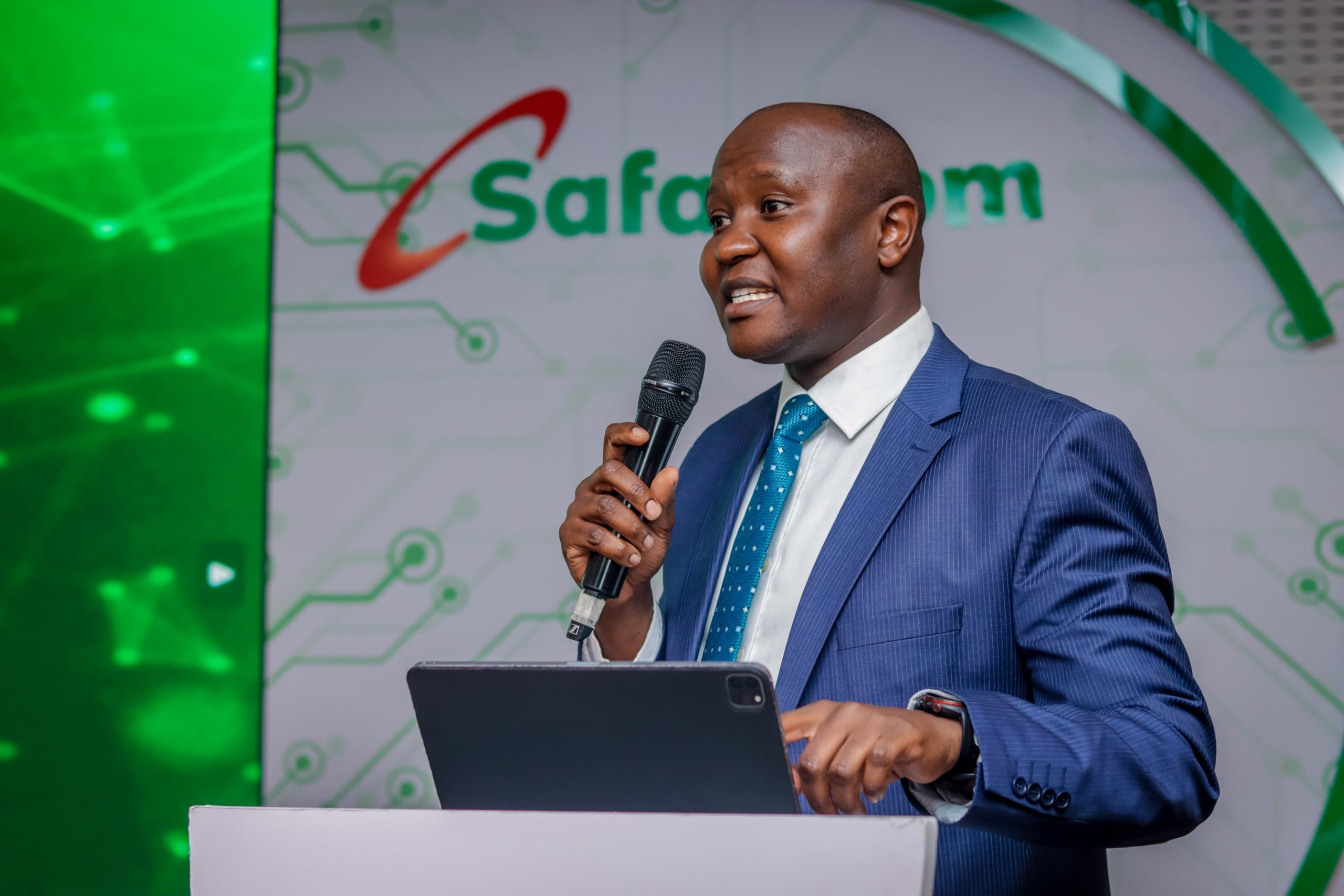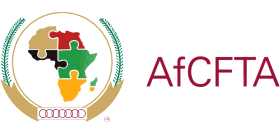Trump's $100k H-1B Visa Fee: African Tech Workers Barely Scathed?

President Donald Trump recently enacted an executive order that significantly raises the cost of hiring foreign workers through the H-1B program, imposing a $100,000 fee on every new application for skilled foreign talent in the United States. This measure, according to the administration, aims to ensure that H-1B visas are granted exclusively to individuals possessing rare skill sets that American workers cannot replace. The policy is expected to notably impact tech talent pipelines from India and China, which have historically been primary beneficiaries of the H-1B visa program, while its direct effect on Africa is projected to be minimal.
The announcement elicited diverse reactions from global tech leaders, companies, and immigration experts. Concerns were raised about the increased hurdles skilled workers from the Global South would face in accessing opportunities in the U.S. Conversely, some optimistically suggested a potential silver lining, theorizing that the new policy might compel global companies to hire more remote workers, thereby creating opportunities for African skilled professionals to work from their home countries. However, an examination of historical data indicates this outcome is highly improbable.
In 2024, India dominated H-1B visa approvals, securing 71% of all granted visas, followed by China at 11.7%. Nigeria was the sole African nation to appear on the top ten list, ranking tenth, but accounted for less than 1% of approved applications. Ghana, for instance, ranked 24th. This stark disparity highlights Africa's marginal participation in the H-1B program even before the revised fee. Further historical data from a USCIS report spanning 2007 to 2017 reveals Indian nationals received 2,183,112 H-1B approvals, with China at 296,313, and no African country making it into the top 20 during that decade. Fiscal year 2024 marked the first instance an African country, Nigeria, cracked the top ten. Consequently, the new policy is expected to have a negligible impact on African workers, and the notion that global tech companies will suddenly pivot to Africa for remote talent in response to the fee hike is largely unfounded; companies are more likely to continue sourcing talent from their traditional pools in India and China.
The H-1B visa program, particularly in recent years, has predominantly catered to highly educated individuals. USCIS data from 2024 shows that 41% of initial H-1B approvals and 48% of continuing approvals went to candidates with a master’s degree, with an additional 12% and 6% holding PhDs, respectively. Bachelor's degree holders accounted for 34% and 32% of initial and continuing approvals. This trend reflects the recruitment strategies of major global tech companies such as Microsoft, Meta, Apple, Amazon, and Google, which are key players in the U.S. race with China in artificial intelligence. These companies, significantly affected by the fee increase, frequently seek individuals with advanced degrees, especially in computer-related fields and AI.
A pragmatic response for these corporations to circumvent the elevated H-1B costs could involve shifting their AI research and development operations abroad, to locations where they can access highly educated talent without the substantial $100,000 fee. However, African countries are currently ill-equipped to be included on such a shortlist. While African individuals do pursue postgraduate degrees, a comparative analysis reveals fewer enrollments in computer-related courses compared to counterparts in the U.S., India, and China. For example, in the 2023/2024 academic year, the University of Ghana reported only 530 master’s or doctoral graduates out of 2,620 from its College of Basic and Applied Sciences. Similarly, Makerere University in Uganda's 2024 graduation saw just 32 master’s and two PhD recipients from its College of Computing and Information Sciences out of 661 graduates in that college.
This discrepancy in talent production is critical, especially given that AI firms are aggressively recruiting individuals with advanced degrees, offering substantial incentives, as evidenced by multimillion-dollar signing bonuses for newly minted PhDs and the strategic poaching of top talent by companies like Meta for its superintelligence team. A White House report highlights that nearly half of AI-relevant PhD graduates in the U.S. are non-U.S. citizens, and while the U.S. leads in AI-related graduates, India produces more AI-relevant bachelor’s degrees, and China excels in both bachelor’s and PhDs. This sustained output of demanded talent explains their consistent topping of H-1B approval lists.
For Nigeria and other African nations to compete on the global stage and meet the demands of global companies, particularly in emerging fields like artificial intelligence, their university education systems must undergo significant reform. African universities need to adapt by expanding beyond traditional computer science and engineering programs, establishing world-class faculties dedicated to cutting-edge areas, with AI at the forefront, and ensuring these faculties are adaptable to future emerging fields. A major challenge lies in the shortage of qualified faculty for these novel programs.
To address these systemic issues, African governments and universities must implement strategic initiatives. Firstly, they should recruit international experts to lead and shape programs in fields such as artificial intelligence, ensuring curricula meet global standards by attracting professors from leading institutions in India, China, and the U.S. Secondly, fostering international exchange programs with universities worldwide is crucial, enabling African students to gain invaluable hands-on experience in advanced research environments abroad and subsequently bring those skills back home. Such investments in grooming high-quality talent are indispensable for Africa to become a trusted hub for highly qualified technology experts and to enable its workforce to genuinely compete with their international counterparts in the global technology landscape.
You may also like...
Tottenham's £60m Gamble: Forest Threatens Legal Action Amid Gibbs-White Medical

Tottenham Hotspur is on the verge of signing Nottingham Forest midfielder Morgan Gibbs-White for £60 million, but the de...
Hell's Bells! 'Hazbin Hotel' Season 2 Trailer Drops, Bringing Back a Fan-Favorite Character from the Dead!

Prime Video's official trailer for <i>Hazbin Hotel</i> Season 2 offers a deep dive into the upcoming conflict between He...
The Whole Gang Returns: 'Everybody Loves Raymond' Celebrates 30 Years with Epic Reunion Special!

Thirty years after its debut, “Everybody Loves Raymond” is set to air a special reunion on November 24 on CBS and Paramo...
Explosive Revelation: New Footage Exposes Morgan Wallen's Initial Denial in Chair-Throwing Scandal!

Newly released police video footage shows country music star Morgan Wallen initially denying throwing a chair from a Nas...
Janet Jackson Joins Elite Club: Cardi B Fuels Historic 5-Decade Hot 100 Milestone!

Janet Jackson makes Billboard Hot 100 history by charting in a fifth distinct decade with her feature on Cardi B’s new t...
Royal Family Scandal: Meghan Markle's Father Reportedly Trapped in Philippines Apartment

Meghan Markle's father, Thomas Markle Sr., was trapped in a building after a 6.9-magnitude earthquake struck the Philipp...
Shocking Twist: British Boyband Member Accused of Assaulting Woman and Child

Multiple public figures in the UK are under scrutiny for alleged assaults and domestic abuse. An unnamed British boyband...
Act Now! BellaNaija's Vital #StopHPVForHer Campaign Demands Attention

BellaNaija has launched the #StopHPVForHer Campaign to combat cervical cancer by raising awareness about Human Papilloma...




